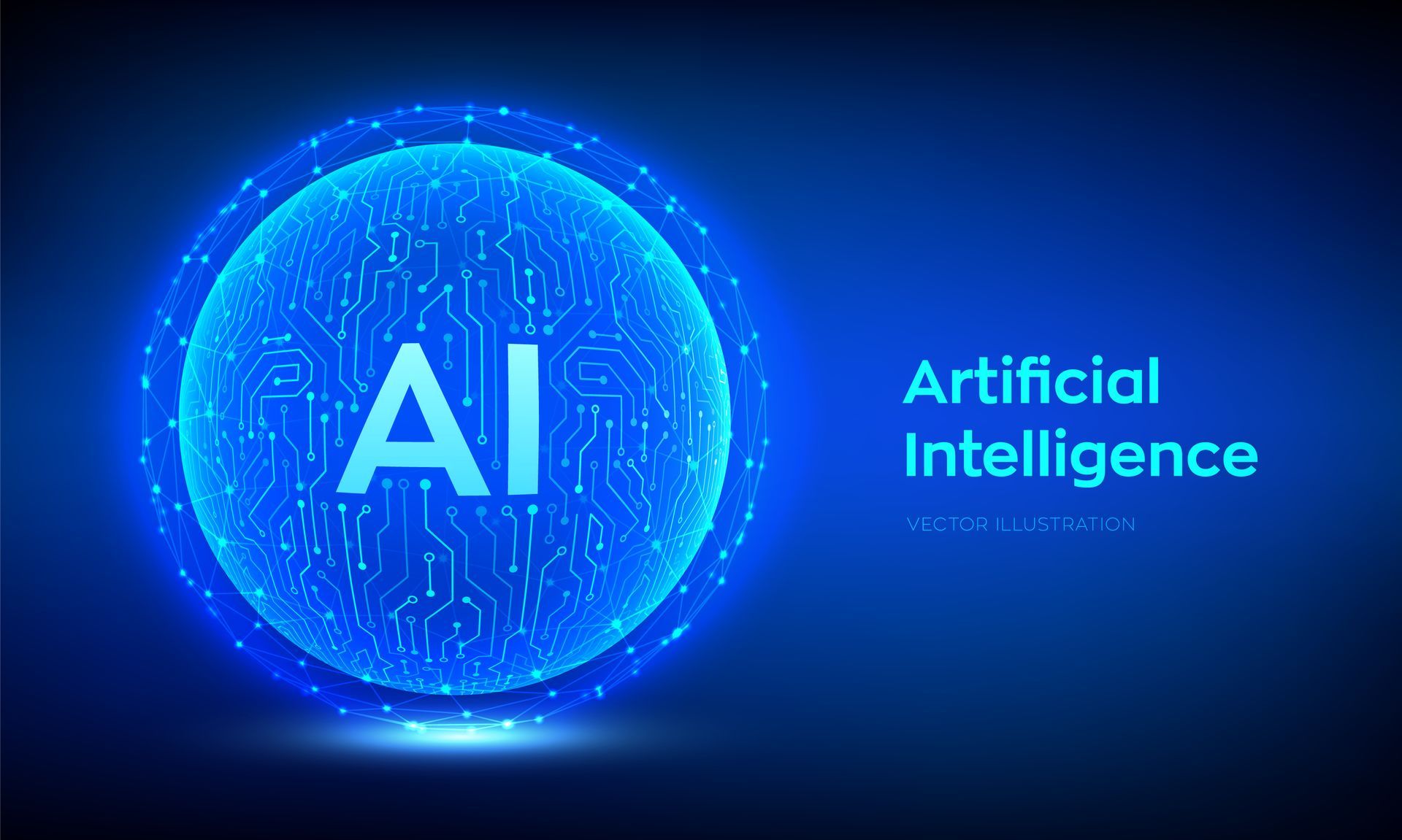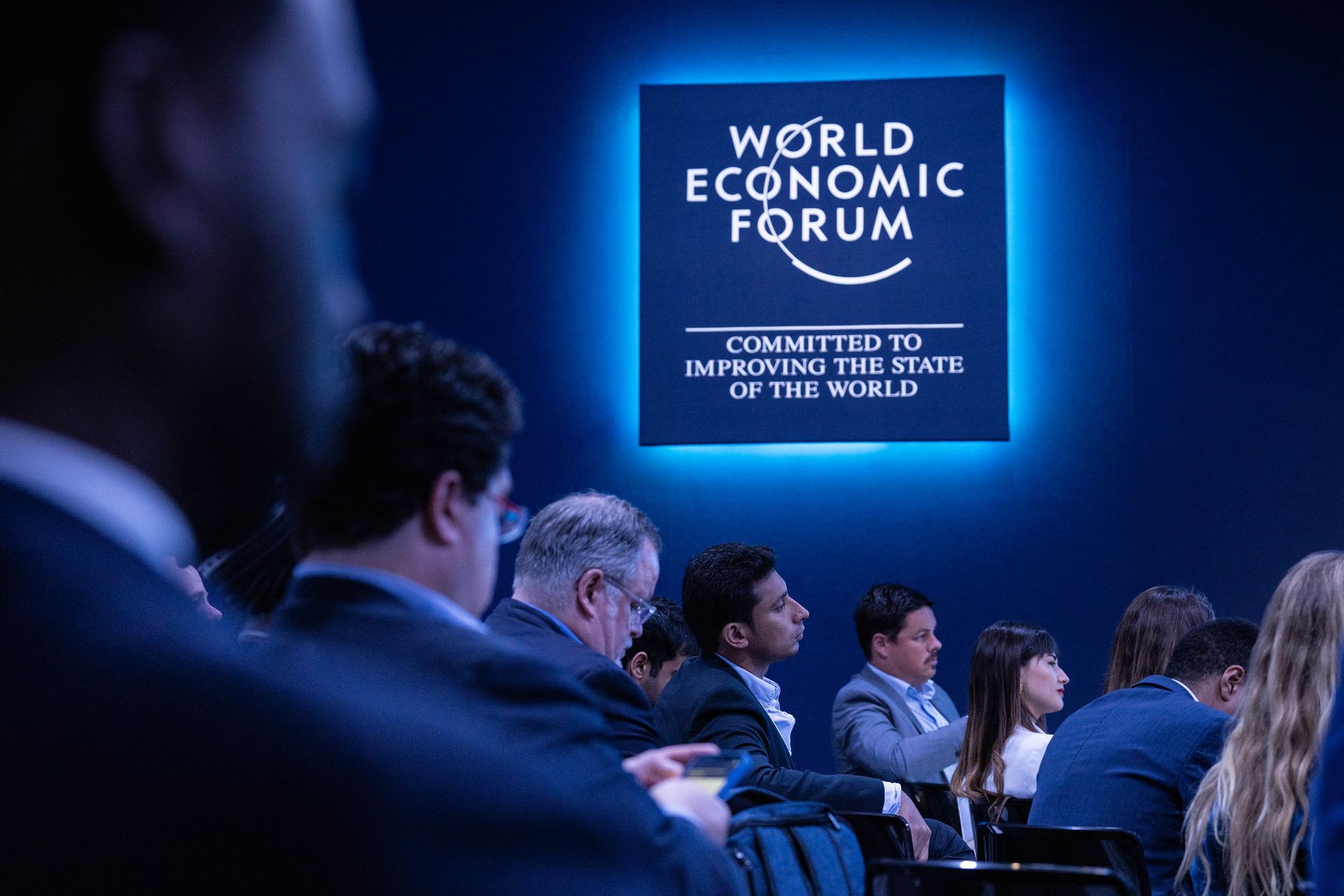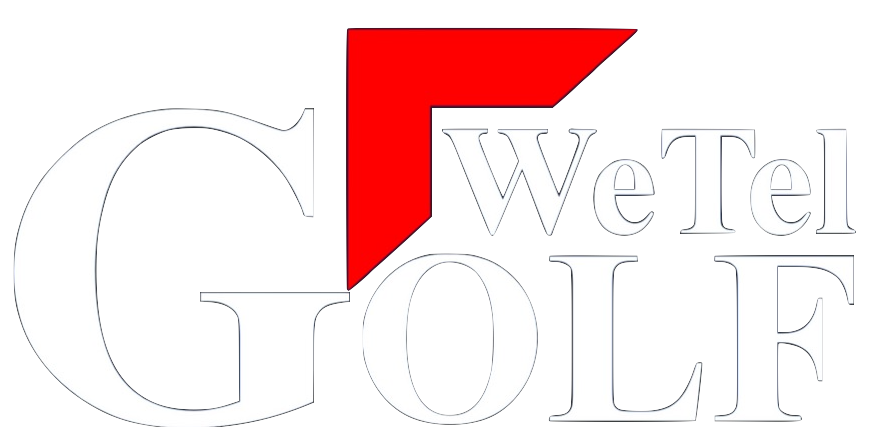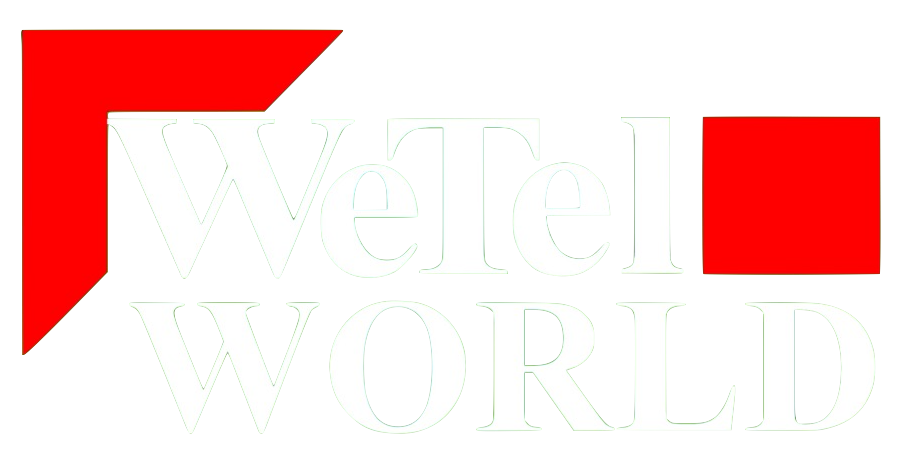This is a subtitle for your new post

The body content of your post goes here. To edit this text, click on it and delete this default text and start typing your own or paste your own from a different source.

Water is the door-key to unlock SDGs attainment, to enable peace and prosperity” expressed Retno Marsudi, the UN Secretary-General’s Special Envoy for Water at the 40th UN-Water Meeting in New York (4/11).
The Special Envoy calls on the UN-Water members and partners, to work together, harder, and closer – within and beyond the UN system. She emphasized that cooperation and collaboration are key to accelerate progress, in a world where water-related efforts are faced with two big limitations – resources and time.
Resources are very limited. She quoted the World Bank Report that “Until 2030, efforts to build water-related infrastructure will need US$ 6.7 trillion”.
Time is also limited, she reminded UN-Water members and partners that “with only 2 years until the next UN Water Conference in 2026; 4 years to the end of the Water Action Decade in 2028; and 6 years to achieve the 2030 Agenda, time is a luxury”.
“Therefore, we need to ensure strengthened means of implementation, including financing

he World Economic Forum announces today that 22 innovative manufacturers have joined the Global Lighthouse Network, expanding the community to 172 leading production facilities and value chains that harness digital technologies at scale to drive next-generation operational excellence, environmental sustainability and workforce development.
Amid global supply chain disruptions, technological advances and growing environmental pressures, sustainable transformation of global production has become critical to fuel much-needed productivity gains. The growing Global Lighthouse Network and its diverse members demonstrate how to harness artificial intelligence (AI) and other advanced technologies in tackling these challenges where others have struggled to do so, future-proofing the industry by enhancing agility, resilience and environmental responsibility.
The latest cohort of 19 Fourth Industrial Revolution and three Sustainability Lighthouses spans 10 countries: China, the Czech Republic, Germany, India, Mexico,

The Fourth Industrial Revolution is changing various social structures. In Japan, the results of these social changes are commonly referred to as Society 5.0. We have progressed from a hunting and gathering society (Society 1.0) to an agricultural society (Society 2.0), an industrial society (Society 3.0) and an information society (Society 4.0), and now a new, human-centered society is dawning. New systems are set to bring together the cyber world and the physical world in sophisticated ways, driving economic development while solving social issues.
Society 5.0 is run by collecting the vast volume of information used in the physical world and transferring it to the cyber world using technology such as sensors. This big data is then analyzed in cyberspace and the results are applied in various forms to our social activities in the physical world.
New technology such as artificial intelligence has an incredible impact here. Robots, self-driving cars and other autonomous technologies make it possible to overc

